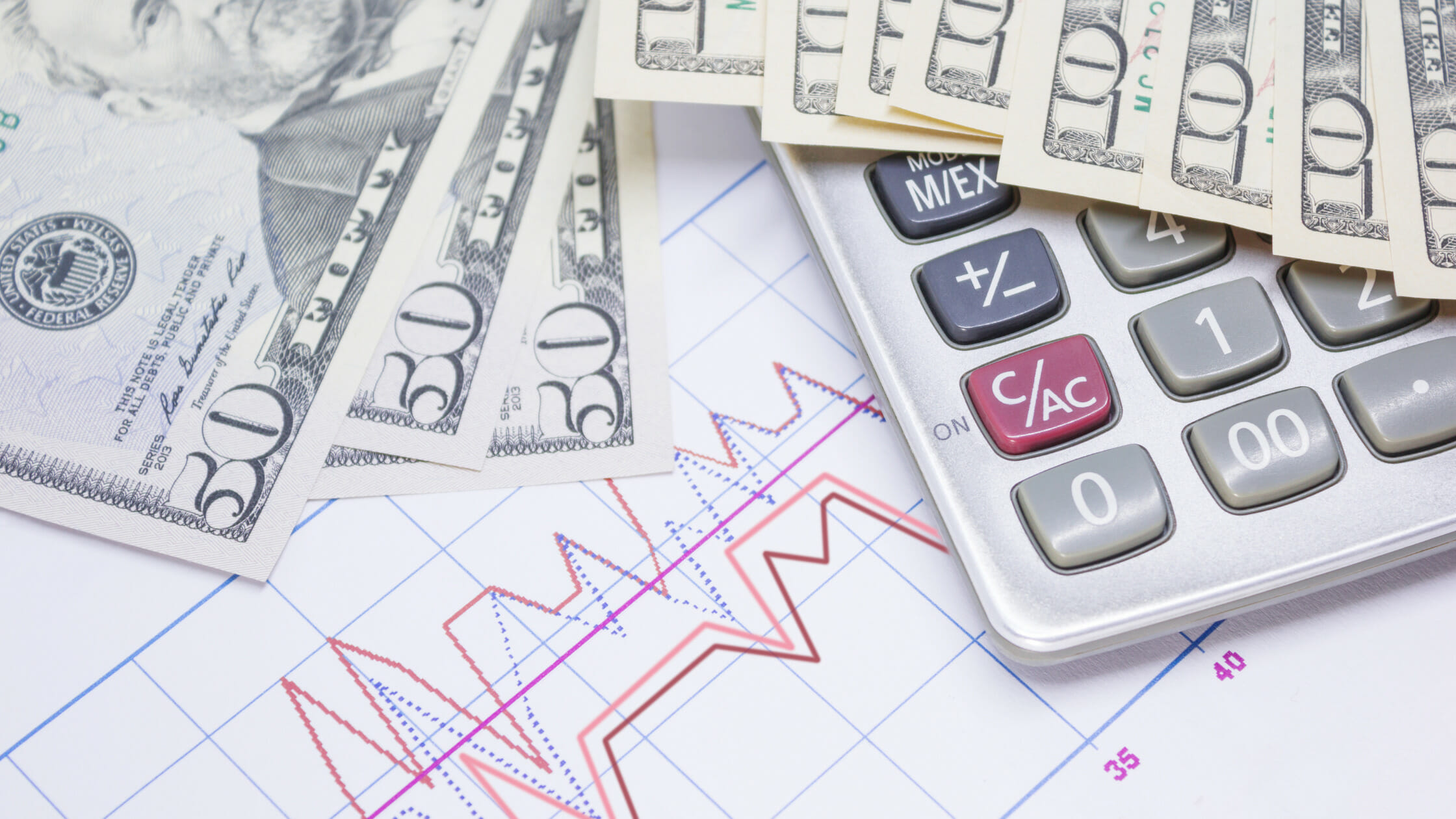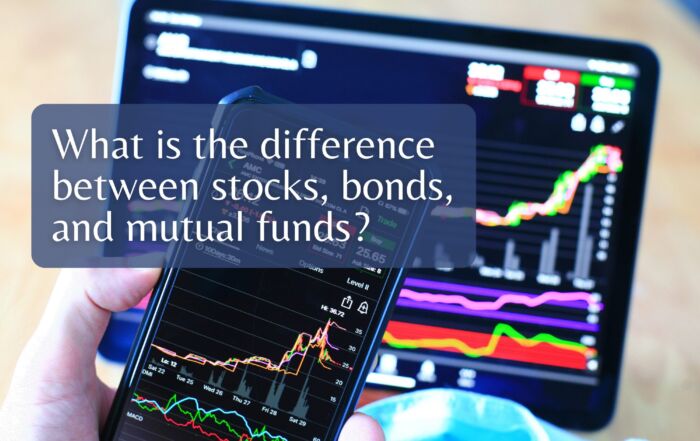
Why Do Bond Prices Fall When Market Interest Rates Increase?
One question we often get is, why are bond prices falling, yet interest rates are going up? The answer is simple, that’s just how it works. When the FED raises interest rates, bond prices will go down and vice versa. The explanation for this is that a bond is a loan to a company that then pays the interest to you on a monthly or annual basis. Say you put $10,000 into an annual bond. You will get $1,000 a year in interest. In a higher inflation economy, that money is worth less than it is in a low inflation economy.
In a bond portfolio, over time the portfolio itself will reset because as the lower-valued bonds and the principal is paid back, the new bonds coming in are higher yield. This is why you keep investing in new bonds because the income will make up for the losses over time. It all has a lot to do with purchasing power. If interest rates are higher, the cost of living is typically higher as well, and vice versa.
Stocks work similarly except for you are not lending money to a company, you’re investing in a company and buying voting shares. Therefore those prices are going to move up and down based on the perceived value of the company. The downside here is that if you invest in a company that goes out of business, you get nothing – whereas with a bond you have collateral.
Download our free guide: “Your Path to a Lifetime of Financial Success”
Click here to schedule a consultation with one of our financial planners.
Listen to Our Podcast:
Share This Story, Choose Your Platform!
Wiser Wealth Management, Inc (“Wiser Wealth”) is a registered investment adviser with the U.S. Securities and Exchange Commission (SEC). As a registered investment adviser, Wiser Wealth and its employees are subject to various rules, filings, and requirements. You can visit the SEC’s website here to obtain further information on our firm or investment adviser’s registration.
Wiser Wealth’s website provides general information regarding our business along with access to additional investment related information, various financial calculators, and external / third party links. Material presented on this website is believed to be from reliable sources and is meant for informational purposes only. Wiser Wealth does not endorse or accept responsibility for the content of any third-party website and is not affiliated with any third-party website or social media page. Wiser Wealth does not expressly or implicitly adopt or endorse any of the expressions, opinions or content posted by third party websites or on social media pages. While Wiser Wealth uses reasonable efforts to obtain information from sources it believes to be reliable, we make no representation that the information or opinions contained in our publications are accurate, reliable, or complete.
To the extent that you utilize any financial calculators or links in our website, you acknowledge and understand that the information provided to you should not be construed as personal investment advice from Wiser Wealth or any of its investment professionals. Advice provided by Wiser Wealth is given only within the context of our contractual agreement with the client. Wiser Wealth does not offer legal, accounting or tax advice. Consult your own attorney, accountant, and other professionals for these services.





